
The Unexpected Connection Between Dreams and Dementia or Parkinson’s Disease
Nightmares and Dream Disorders May Signal Early Signs of Dementia and Parkinson’s
New research is shedding light on an unexpected window into brain health: our dreams. Studies from institutions such as Mount Sinai School of Medicine and the University of Birmingham suggest that unusual sleep patterns and recurring distressing dreams could serve as early indicators of neurodegenerative conditions. If confirmed, this insight could transform early diagnosis and prevention strategies for diseases like dementia and Parkinson’s.
Acting Out Dreams: A Warning Sign
One of the most striking conditions under study is REM Sleep Behavior Disorder (RBD), in which individuals physically act out their dreams. This may involve talking, yelling, thrashing, or even punching while asleep.
According to a study published in Annals of Neurology, 92% of people with RBD went on to develop a serious neurodegenerative disease such as Parkinson’s or dementia. While diagnosing RBD remains challenging, its identification could provide doctors with a valuable early warning sign, potentially allowing for earlier intervention before irreversible brain damage occurs.
Nightmares as a Predictor of Cognitive Decline
Beyond RBD, frequent nightmares themselves may also serve as a red flag. A study of middle-aged and older adults revealed that those who suffered from nightmares on a weekly basis faced a fourfold higher risk of experiencing cognitive decline.
-
They were 2.2 times more likely to develop dementia later in life.
-
Men appeared to be particularly vulnerable, suggesting possible differences in how these sleep disturbances affect brain health across genders.
These findings emphasize that dreams are not merely the brain’s nighttime “entertainment” — they may reflect deeper neurological changes.
Nightmares and Parkinson’s Disease
Nightmares have also been linked specifically to Parkinson’s disease. In a University of Birmingham study involving more than 3,800 men over the age of 67, researchers found that those experiencing frequent nightmares were significantly more likely to develop Parkinson’s.
Although only 2.4% of participants eventually received a diagnosis, the presence of recurring nightmares was disproportionately high among this group, reinforcing the theory that dream disturbances could precede clinical symptoms by years.
Why Dreams Reflect Brain Health
The connection between sleep disturbances and neurodegeneration may lie in changes within dopamine-producing brain regions, which are crucial for motor control and cognition.
-
People with RBD often show inflammation in dopamine-related brain areas — a hallmark of Parkinson’s.
-
Nightmares may represent subtle disruptions in brain signaling and inflammation that foreshadow broader cognitive decline.
Essentially, the brain may be sending out early distress signals through our dreams.
Technology and the Future of Sleep-Based Diagnosis
Recent advances in sleep-monitoring technology are making these discoveries more practical. Researchers have developed 2D camera-based algorithms that can analyze movement during REM sleep and accurately detect RBD.
Dr. Emmanuel During of Mount Sinai notes that such tools could “improve and facilitate diagnosis and avoid missed cases,” making it easier to identify at-risk individuals before major symptoms develop.
With wearable sleep trackers and home-based monitoring devices becoming more sophisticated, the possibility of diagnosing neurological disease through dream analysis is no longer science fiction.
Toward Personalized Prevention and Care
Recognizing unusual dream patterns early could open the door to personalized treatment approaches. For example:
-
Improving sleep quality through targeted therapies.
-
Using anti-inflammatory strategies to protect vulnerable brain regions.
-
Supporting dopamine function through lifestyle changes or medications.
For aging populations, addressing sleep disturbances could become as important as managing diet and exercise in preventing cognitive decline.
Looking Ahead: The Importance of Long-Term Research
While current findings are promising, scientists caution that long-term, large-scale studies are essential. Projects such as the Parkinson’s Progression Markers Initiative (PPMI) are already tracking how sleep disturbances develop over time and how they relate to later disease onset.
If these connections are validated, doctors may one day use something as simple as a patient’s sleep history to predict — and possibly prevent — devastating neurodegenerative diseases.
Final Thought
For now, these studies serve as a powerful reminder: our dreams may carry more meaning than we think. Nightmares and unusual sleep behaviors shouldn’t be ignored — they could be the earliest whispers of the brain’s struggle. With continued research and technology, monitoring our dreams might soon become a crucial tool in the fight against dementia and Parkinson’s.
News in the same category


What really happens to your kidneys when you drink coconut water
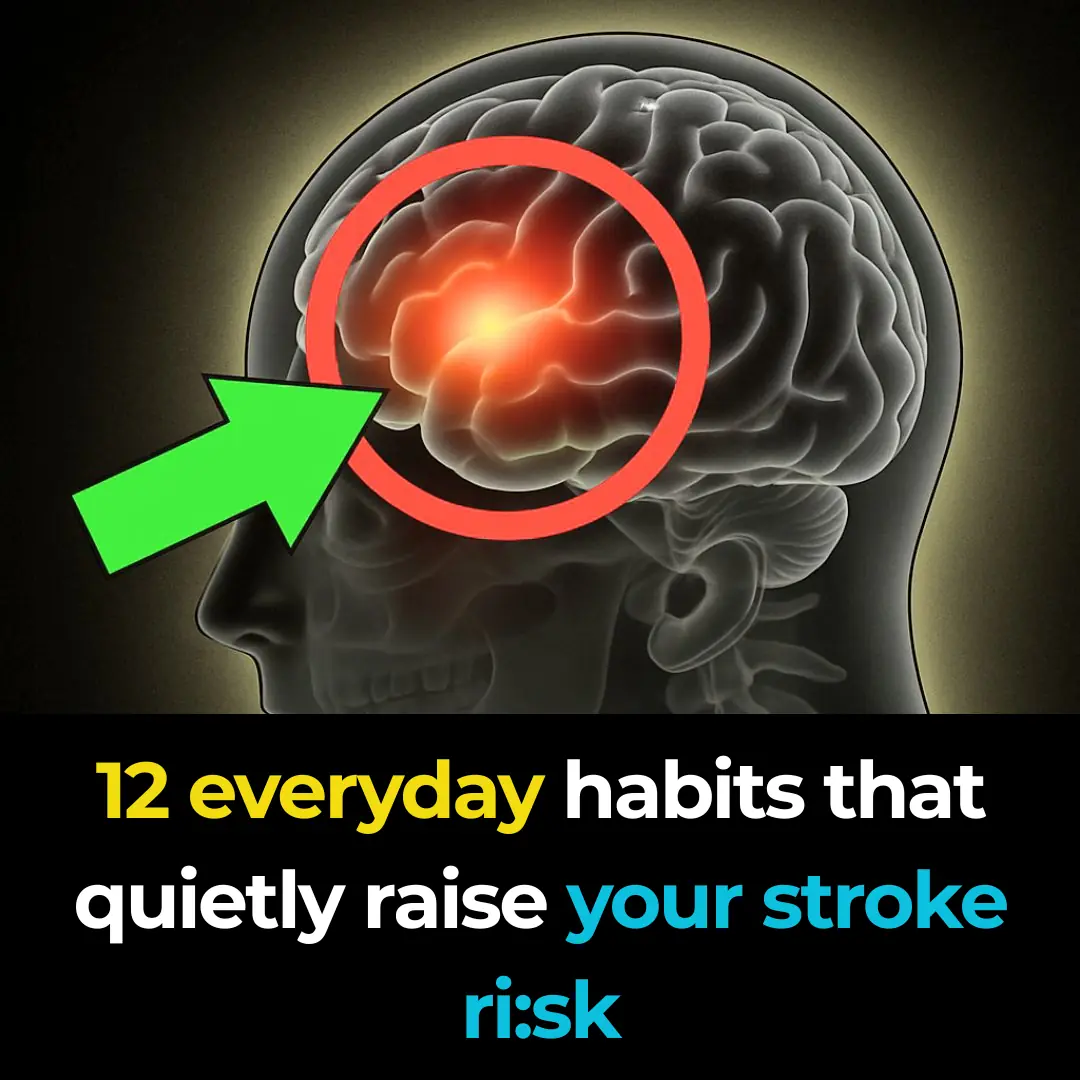
12 everyday habits that quietly raise your stroke ri:sk

7 Powerful Fruits That May Help Prevent and Fight Cancer

Goodbye Swelling, Weak Muscles, and Joint Pain! 18 Collagen-Rich Foods You MUST Eat for Your Legs and Joints

Scientifically Proven Health Benefits of Avocado and Avocado Seeds

Claim: a juice regimen reportedly cleared can:cer cells in 42 days
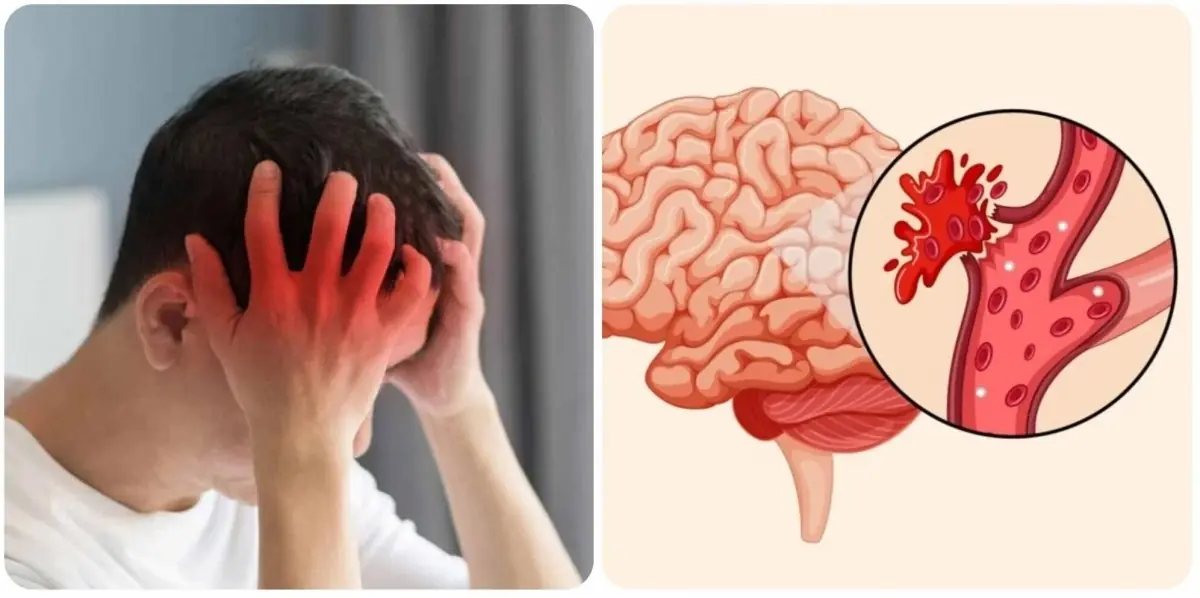
Heatwave of 41°C Causes Sudden Strokes in Healthy People: Doctors Warn of 7 Early Signs to Watch For

The Silent Disease That Easily Leads to Liver Cancer: Many People Have It but Remain Unaware
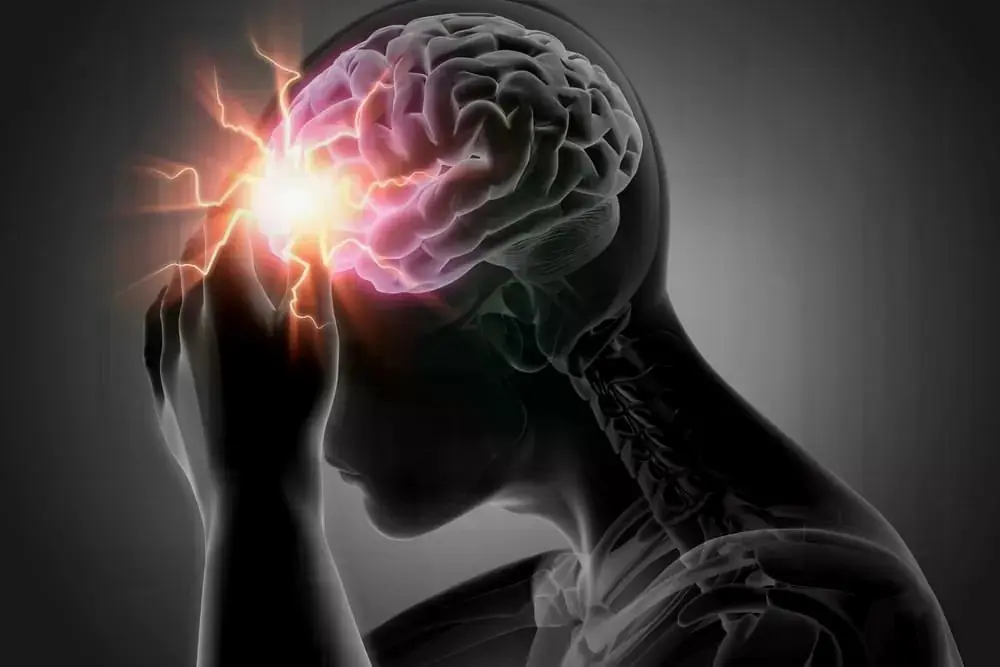
Is It Safe to Take a Cold Shower After Exercising in the Summer? What Doctors Say About Who Should Avoid It to Prevent Stroke

7 Things Not to Do Before Taking a Shower to Avoid Stroke – 2 Common Mistakes People Often Make

Bitter Taste In Your Mouth Discover Most Common Cause

Silent Symptoms of Anemia You Should Never Ignore

The Impressive Health Benefits of Guava Fruit and Leaves

Molasses 101: Types, Proven Benefits, Uses, and More

The Psychological Meaning of Leaving Dirty Dishes
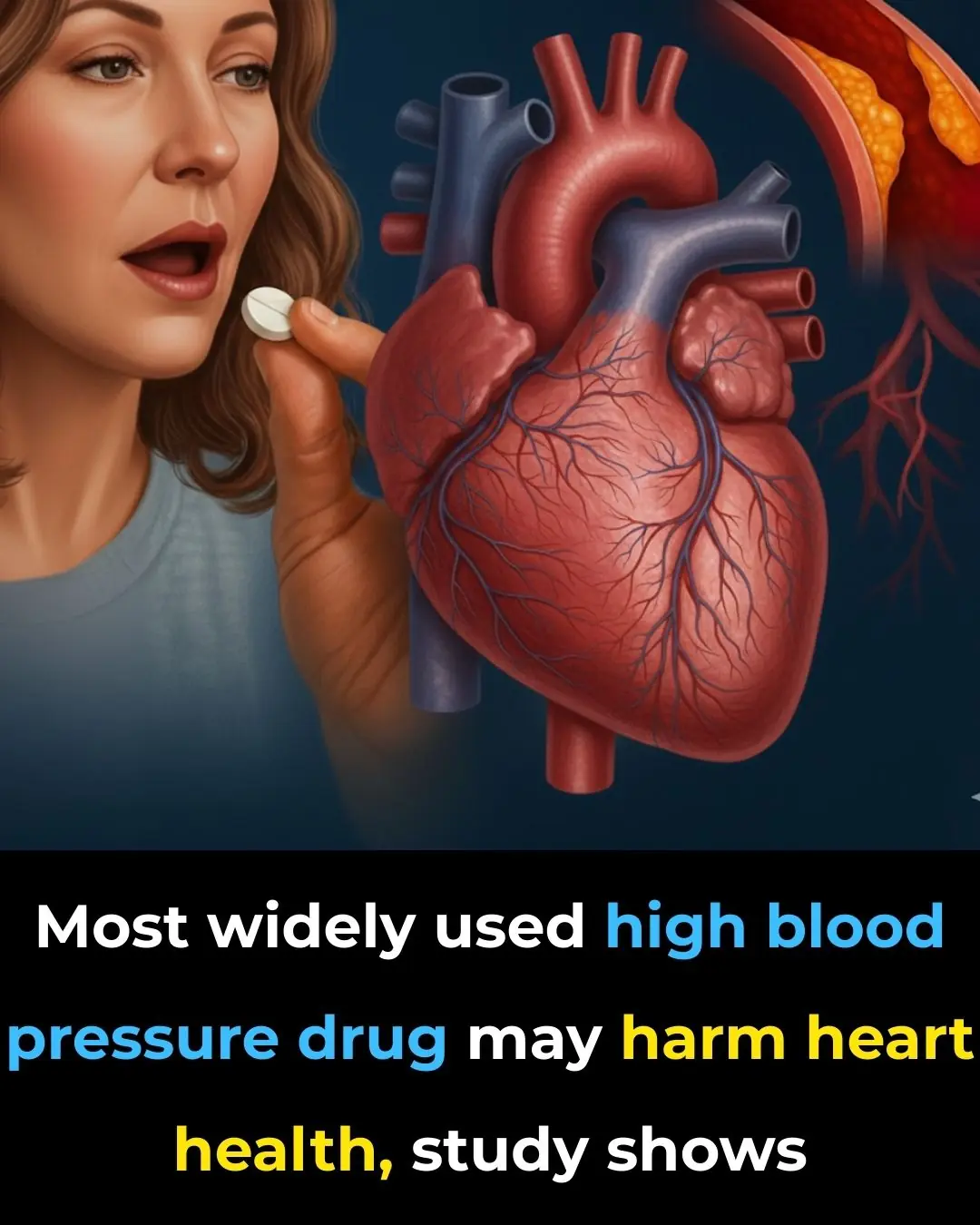
Most Widely Used High Blood Pressure Drug May Harm Heart Health, Study Shows
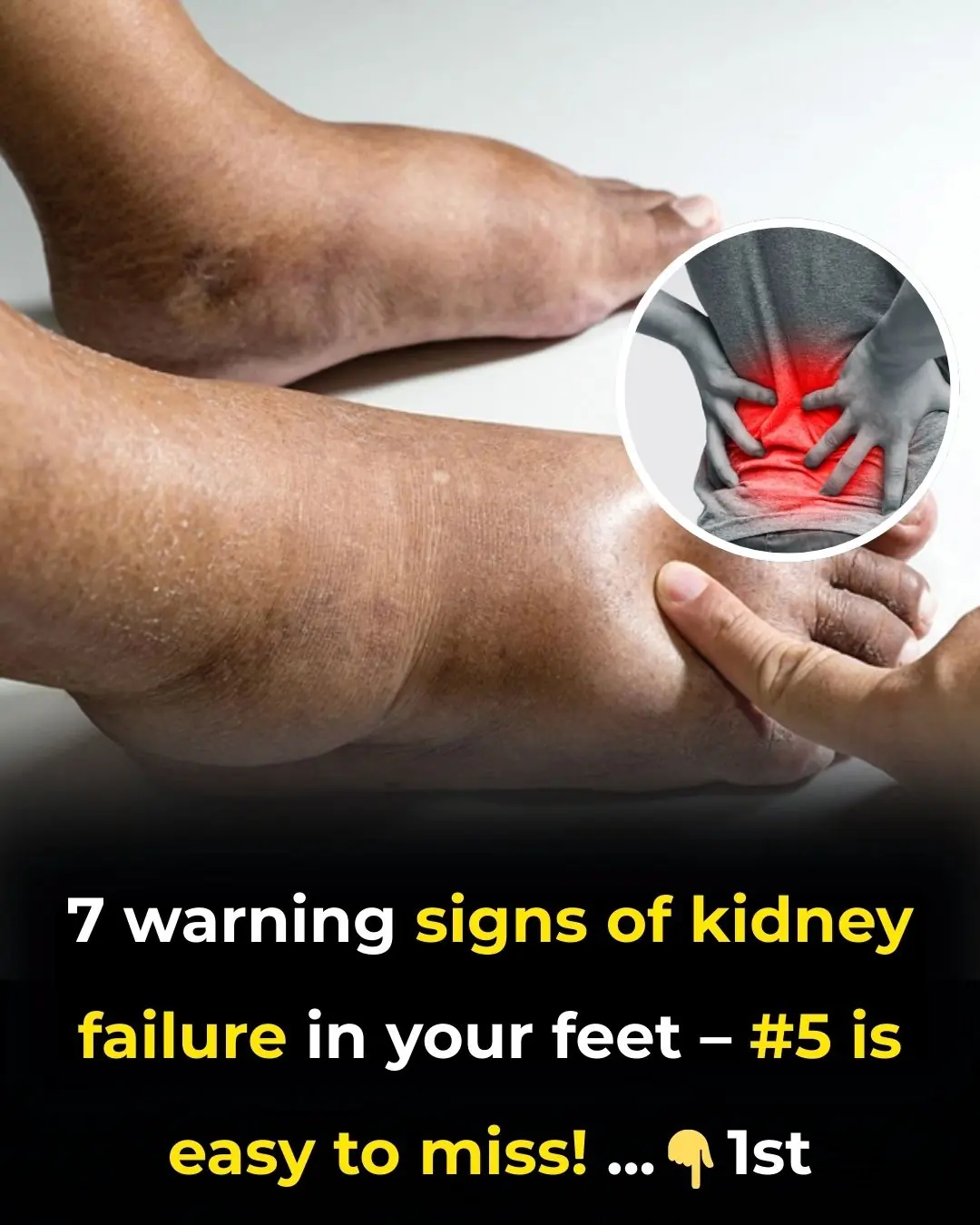
7 warning signs of kidney failure in your feet – #5 is easy to miss!

Shoulder Pain from Sleeping: Causes, Solutions and More
News Post

Every washing machine has this small part; open it once a month, and your clothes will smell fresh while your machine stays clean and lasts longer.

Don't throw away orange peels; use this method for multiple useful purposes that every household needs. Don't waste them!

Here are 3 simple methods to make sure there are no mice in your house.

Eat cloves every day, but avoid this common mistake!

What really happens to your kidneys when you drink coconut water

12 everyday habits that quietly raise your stroke ri:sk

Fern Leaves Benefits and Uses: A Hidden Natural Remedy for Health and Home

The Best Tea for Mornings and After Dinner: A Powerful Blend for Health

Soak Garlic in Vinegar This Way to Keep It White, Crunchy, and Delicious

Eat These 5 Fruits to Avoid Magnesium Deficiency, Keep Your Heart Healthy and Your Bones Strong 👇👇👇

Save Millions in Electricity Bills Every Year Just by Cleaning This Hidden Spot in Your Rice Cooker

7 Powerful Fruits That May Help Prevent and Fight Cancer

Goodbye Swelling, Weak Muscles, and Joint Pain! 18 Collagen-Rich Foods You MUST Eat for Your Legs and Joints

Scientifically Proven Health Benefits of Avocado and Avocado Seeds

Claim: a juice regimen reportedly cleared can:cer cells in 42 days

Why a Man Turns His Back On You When He Sleeps

Why Public Bathroom Doors Don’t Reach the Floor?

Apple fans divided as key component is axed from new AirPods Pro 3
